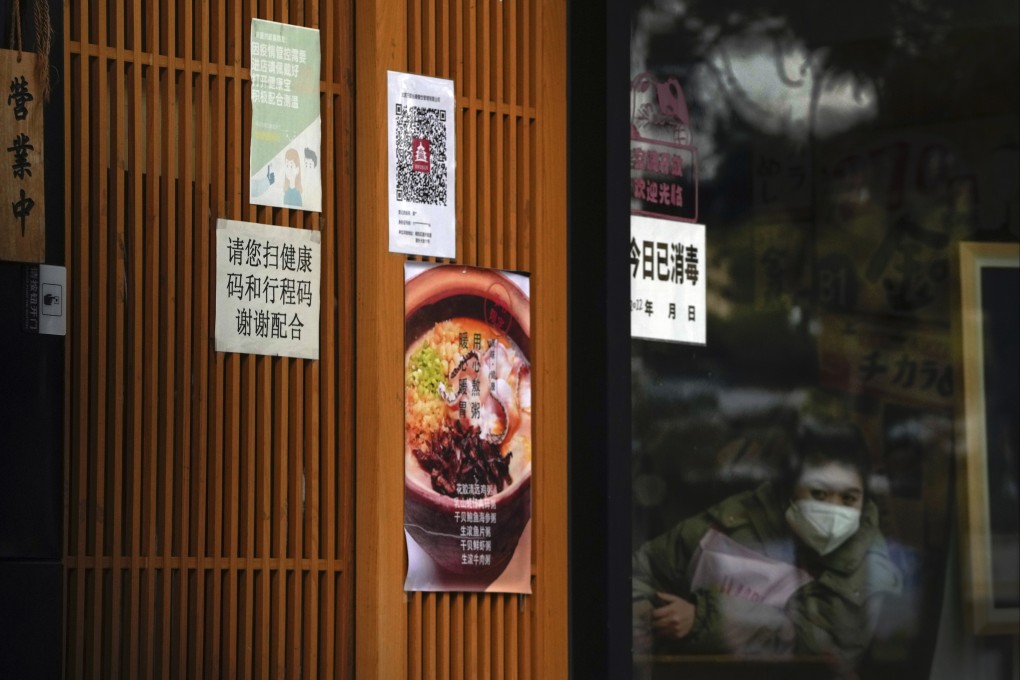Macroscope | Why investors should be wary of narrative of China’s economic doom
- As China moves away from its ‘zero-Covid’ policy, there is now a shift in narrative suggesting the move will also hurt prospects for its economy
- This narrative ignores the many policy levers at Beijing’s disposal and assumes Beijing is not thinking through the change even though it has latecomer advantage

“What Happens in China Does Not Stay in China”. That is the title of a discussion paper published under the auspices of the US Federal Reserve last month. It’s a concept investors should bear in mind as China enters a new phase in handling Covid-19.
Investors might conclude that the line of least risk is to look away until the outlook for the Chinese economy becomes clearer, but looking away is not really an option. The Fed-published discussion paper made the point concisely: “Spillovers from China reverberate through the global financial system through sentiment effects due to its importance as a driver of global business activity.”
One good example of this is the automobile industry. The discussion paper notes that in 2021, “China accounted for about 40 per cent of global vehicle sales, almost double the size of those in the United States.” With that level of market domination, it should come as no surprise that consumer retrenchment in China, linked to the “zero-Covid” policy, has a global spillover effect.
Alarm bells must therefore have rung in automobile industry boardrooms last week when the China Passenger Car Association revealed that sales of passenger vehicles fell 9.5 per cent year on year in November to 1.67 million units, their first decline since May.
